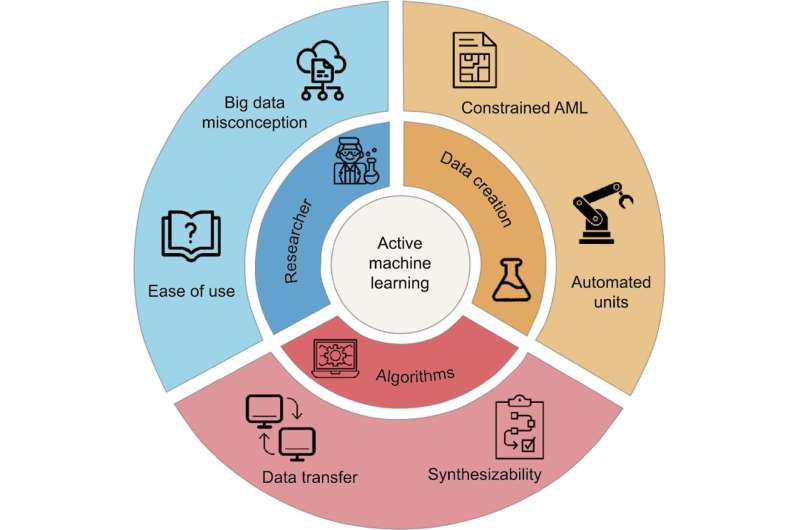Research team envisions a bright future with active machine learning in chemical engineering
Updated: 2023-09-29 18:09:03
 Chemical engineering researchers have a powerful new tool at their disposal: active machine learning. In a recent perspective article published in Engineering, Kevin M. Van Geem's research team at Ghent University explores the potential of active machine learning in revolutionizing the field of chemical engineering. By combining machine learning with the design of experiments, active machine learning promises to enhance the efficiency and cost-effectiveness of research, spanning all length scales of chemical engineering.
Chemical engineering researchers have a powerful new tool at their disposal: active machine learning. In a recent perspective article published in Engineering, Kevin M. Van Geem's research team at Ghent University explores the potential of active machine learning in revolutionizing the field of chemical engineering. By combining machine learning with the design of experiments, active machine learning promises to enhance the efficiency and cost-effectiveness of research, spanning all length scales of chemical engineering.